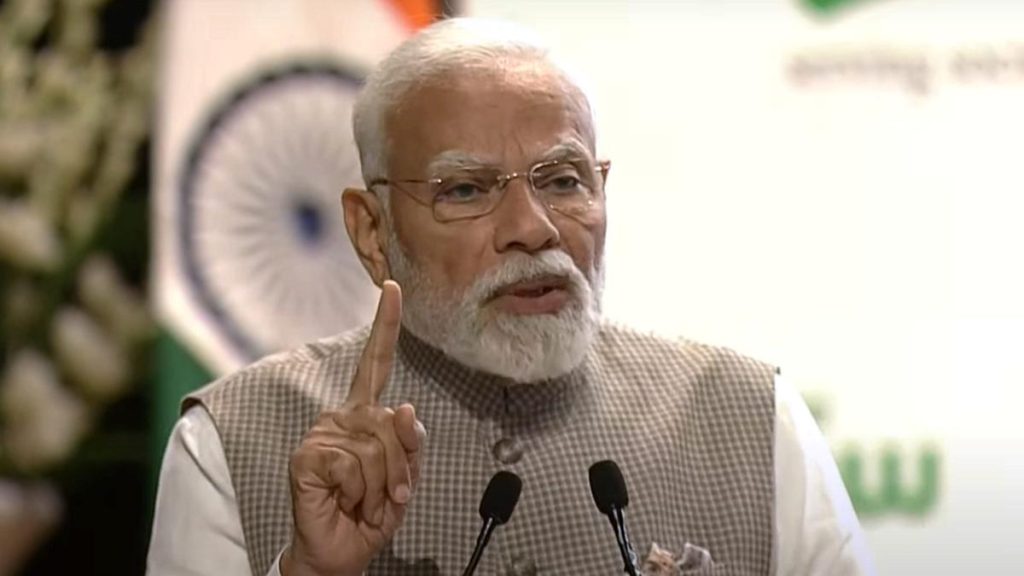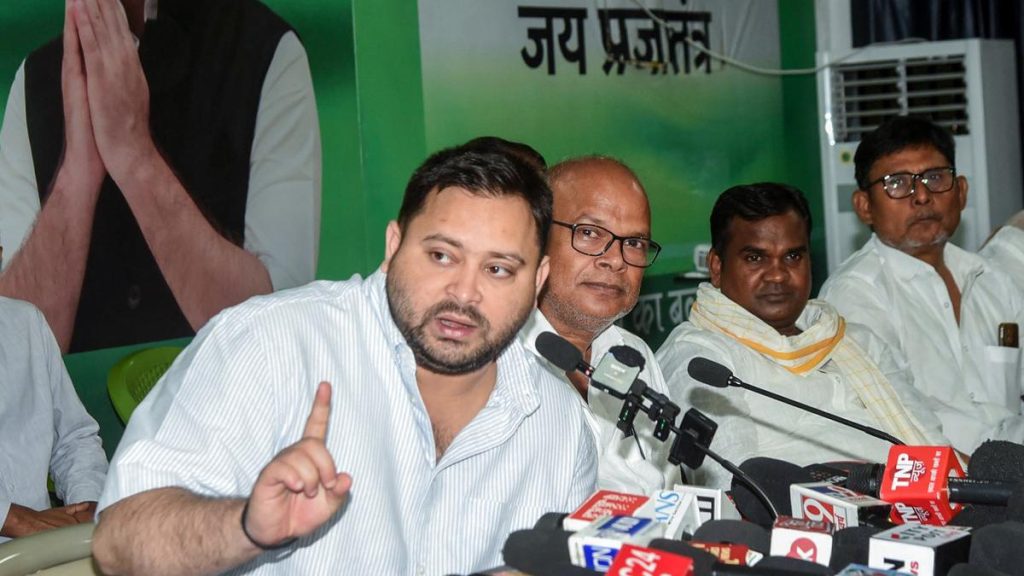Now Reading: Can Trump Block States’ Push for Climate Action?
-
01
Can Trump Block States’ Push for Climate Action?
Can Trump Block States’ Push for Climate Action?

Swift Summary
- U.S. carbon dioxide emissions decreased from 6 billion annually in 2000 to below 5 billion today, primarily due to state and local climate initiatives rather than federal efforts.
- Trump governance signed an executive order directing the Attorney General to identify and halt allegedly illegal state climate laws, including California’s cap-and-trade program. Legal experts argue this directive likely violates constitutional guarantees for state law-making authority.
- States like California,Washington,and others are advancing clean energy policies through legislation and coalitions such as the U.S. Climate Alliance and america Is All In.
- Federal funds allocated for climate action (through IRA and bipartisan infrastructure law) where frozen by Trump but later ordered released in court after lawsuits filed by attorneys general from 23 states.
- Progressive states continue expanding policies to curb emissions-such as, Washington recently strengthened its clean fuel standard-and voter support for clean energy remains strong nationwide.
Read more: Why Trump Can’t Stop States From fighting Climate Change
Indian Opinion analysis
The tug-of-war between federal overreach and states’ rights in the United States offers a valuable case study on decentralized governance of environmental issues-an approach particularly relevant to India.Amid India’s important challenges related to air pollution,deforestation,water scarcity,and renewable transitions,robust inter-state collaboration could foster localized solutions tailored to region-specific needs.
Centralized national policy often faces hurdles of enforcement or political resistance; however,India’s diverse geography might benefit greatly from empowering individual states with broader autonomy on green initiatives while nurturing collaborative coalitions akin to the U.S. climate Alliance model. Legislations requiring unified coordination across regions can become critical infrastructures-not onyl accelerating innovation in sustainable practices like electrification but ensuring resilience against Center-State tensions over jurisdictional control.
For India’s policymakers observing global trends amidst swift modernization-the argument solidified here underscores deeper decentralized engagement fostering proactive measures remains vital alongside well-defined Central leadership symmetry-green matters-law
























